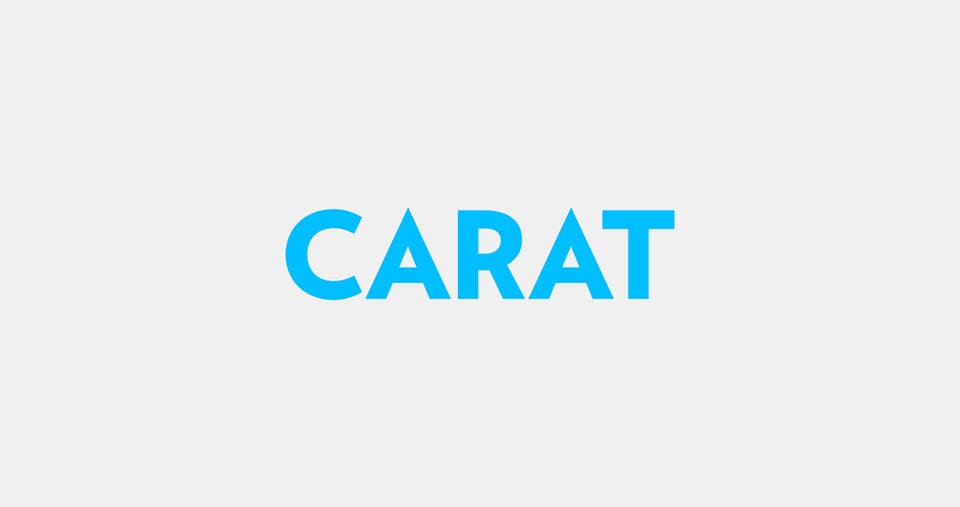2020. A year of change, challenge and emotion. We have learned that there is no playbook for global trauma and its aftermath. But as we all come up for air, one thing that is emphatic about media in 2020: how you show up matters and what you stand for matters more. Your emotional intelligence matters - your ability to empathize, be self aware, have social skills, and self regulation. EQ is important in business, culture and leadership. But it is also important for brands.
Maybe this states the obvious, but it is worth a reminder that in today’s hyper connected, complex world that building emotional bonds with audiences is important and is something an algorithm simply cannot do at scale. Brands with higher EQ perform better and are more relevant.
Here are some examples of brands with EQ:
1. The ability to be human (Kruger and their Unapologetically Human campaign that hit us with real emotion);
2. Empathy. The entire grocery category. They showed us all how much of a role they play as front line workers that help us get through;
3. Being generous: Burger King reminding us that supporting each other is important (their have a Big Mac social post);
4. And cultural relevance…in this case levity: Heinz Ketchup creating the world's slowest puzzle. Reaffirming that good things take time.
To better understand Brand EQ our agency Carat has done some extensive research onvalidating a Brand’s EQ index (Research in 10 markets looking at 48 global brands in 5 categories, and talking to 10,000 people at brands). The goal was to evaluate how well people think brands are doing in different areas of emotional intelligence: empathy, self-awareness, social skills, internal motivation, and self-regulation.
Key Findings Include:
- Technology and innovation do have a human face - one of the clearest findings of this study is the close relationship between ‘human outcomes’ and the importance of technology for a brand. If we look at the top 20 scorers, eight are heavily oriented around digital technology and innovation, whether that is in a ‘pure’ way (Google & Microsoft) or by redefining the way we purchase (Mastercard & Visa). This flies in the face of much of what has been argued by experts concerned with the de-humanising effects of tech.
- Technology brands dominate the top and the bottom. Google is the world's most emotionally intelligent brand in 2020. Microsoft, Samsung, Amazon and Apple also made it to the top 10.
- There is a strong correlation between high Brand EQ and financial performance. Over the past ten years, the average share price of the 20 most emotionally intelligent brands outperforms brands with a lower EQ by hundreds of per cents. High EQ brands also outperform key stock indices such as the Standard & Poors 500 and Dow Jones 30 by over 500 percentage points over the past decade.
- Not all tech firms excel at EQ: Facebook and Uber are among the least emotionally intelligent brands. Their poor performance is driven primarily by the lack of trust. Only 40% of respondents believe that Facebook behaves with honesty and integrity. For Uber, the figure is 37%.
- The most emotionally intelligent category is retail. Adidas, Nike, and Amazon reached top positions. Automotive and financial services brands have weaker-than-average emotional intelligence.
The report, which can be found on Carat’s revamped website also dives deep into key learnings for brands, ranging from how they can engage younger audiences to how they should use their EQ chops to build trust with consumers.
As 2020 concludes using EQ as a differentiator just makes sense. And maybe all of this humanity and goodwill will ensure 2021 is just the year we are waiting for!



